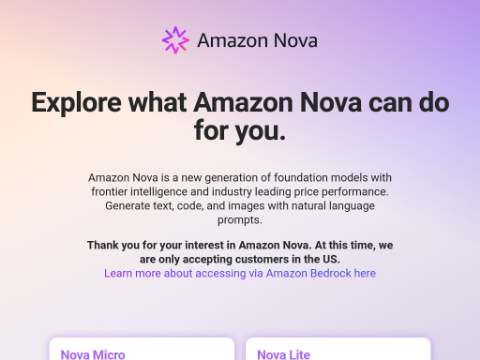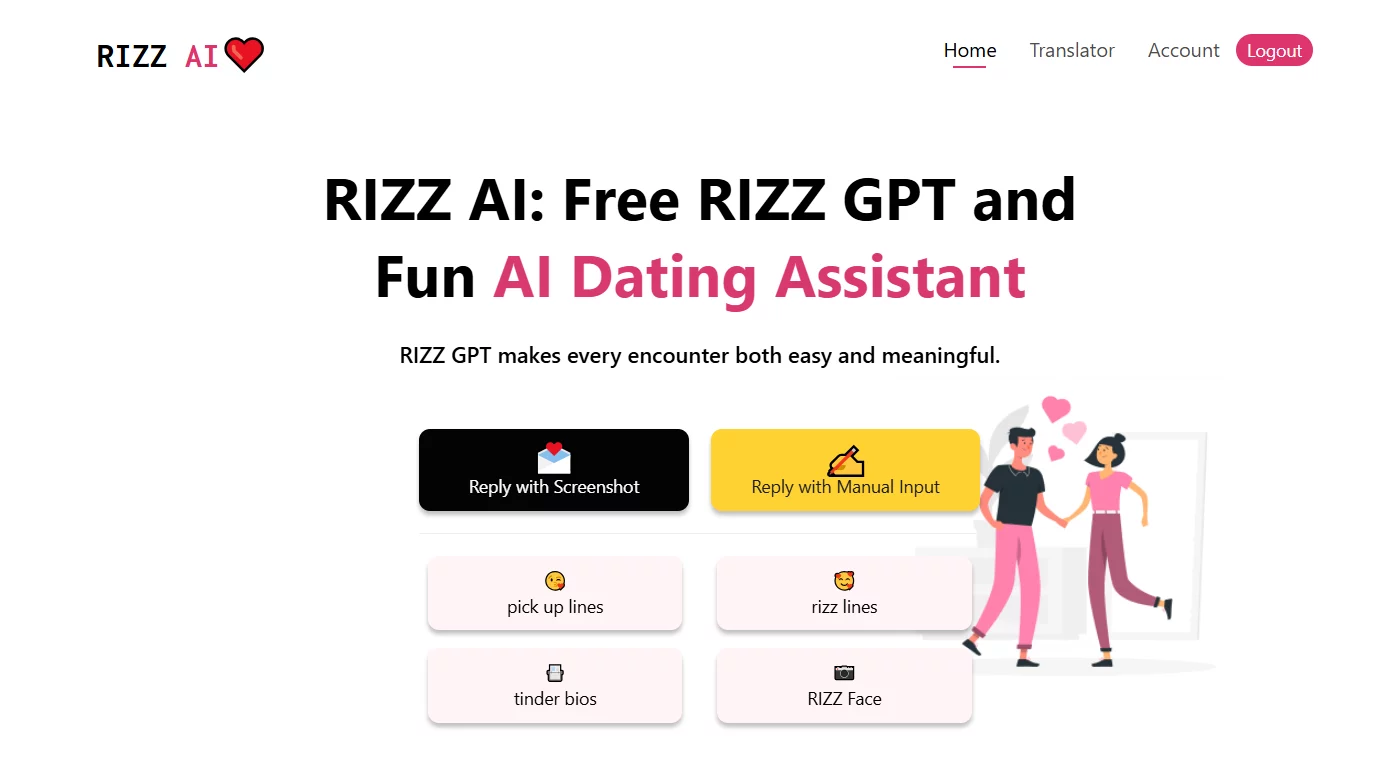OpenAI secures content licensing deal with UK newspaper Financial Times
OpenAI announces strategic partnership with Financial Times to expand news content available on ChatGPT.
According to the agreement, articles from Financial Times will be responsive to relevant queries on ChatGPT, accompanied by necessary summaries, quotes, and links from the publication. Both parties emphasize that all information from the FT website will be appropriately attributed.
This collaboration and licensing agreement marks another significant move by OpenAI to improve the quality of available content on its chatbot through partnerships with other publications. Other players in the AI field are also taking similar measures to enhance training datasets and improve performance.
Why is OpenAI partnering with Financial Times?
Since OpenAI introduced ChatGPT to the public in November 2022, the question of whether AI companies should pay licensing fees for training data instead of scraping data from the internet without permission has been a subject of controversy.
However, many AI organizations continue to do so while competing to enhance their products with the latest and most reliable information. Recently, the French competition regulator fined Google for using content from publishers and news organizations in training its Gemini chatbot without notifying them.
Now, OpenAI is striving to overcome this obstacle and maintain the leadership position of ChatGPT by actively collaborating with publications.
Through the latest partnership with Financial Times, the research lab will not only display articles from the website on ChatGPT but also work with the publication to develop new AI products and features for readers to use.
It is currently unclear whether this content will also be used for training models, but the official statement from Financial Times does indicate that incorporating their news content will contribute to enhancing the "utility" of OpenAI's models.
Brad Liptak, Chief Operating Officer of OpenAI, stated, "Our collaboration and ongoing dialogue with Financial Times aim to find creative and efficient ways to empower news organizations and journalists with AI and enrich the ChatGPT experience for millions of people worldwide."
Financial Times emphasizes that the organization remains committed to the human news industry and sees this collaboration as an effort to expand its impact.
John Ridding, CEO of the FT Group, pointed out, "We value the opportunity in the development cycle of discovering content in new ways. Like any transformative technology, it has the potential for significant progress and challenges, but it is never possible to go back. As these products take shape, it is important to represent high-quality news organizations while taking appropriate safeguards to protect the content and brand of Financial Times."
Previous media collaborations and encounters of OpenAI
Prior to this, OpenAI collaborated with the Associated Press (AP), one of the world's oldest and most widely read news wire services, to use its archived content to train large-scale language models.
Similar agreements were also signed with German media company Axel Springer and the American Journalism Project (AJP). Axel Springer owns well-known brands including Politico and Business Insider, while AJP supports over 40 media organizations in the United States.
In January of this year, The Information reported that OpenAI is paying fees ranging from $1 million to $5 million to media companies for licensing agreements.
However, these agreements do not mean that OpenAI's journey has been smooth sailing. The research institution has also encountered difficulties in training its AI models.
Last year, The New York Times filed a lawsuit against OpenAI for copyright infringement, and just a few months ago, three American publications - Intercept, Raw Story, and AlterNet - joined another lawsuit claiming that OpenAI and Microsoft plagiarized their copyrighted articles to develop and operate ChatGPT.








